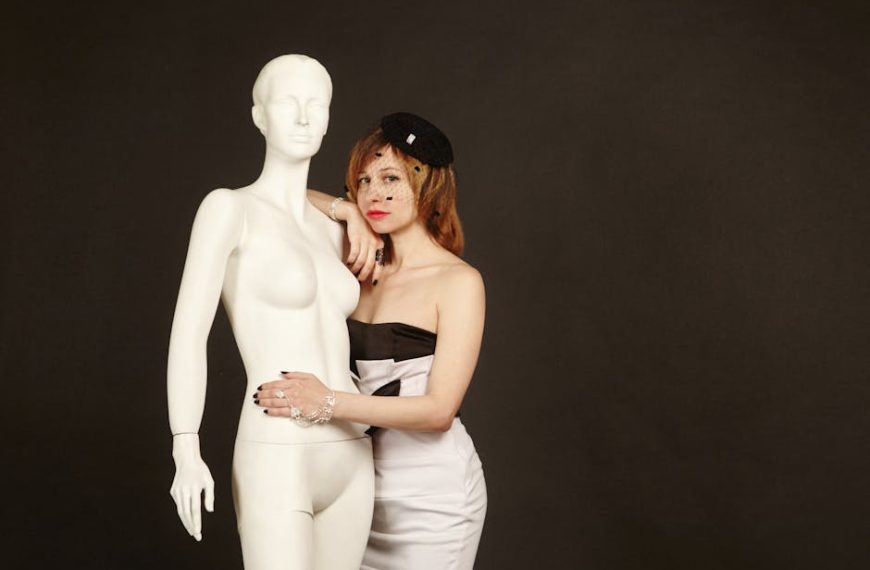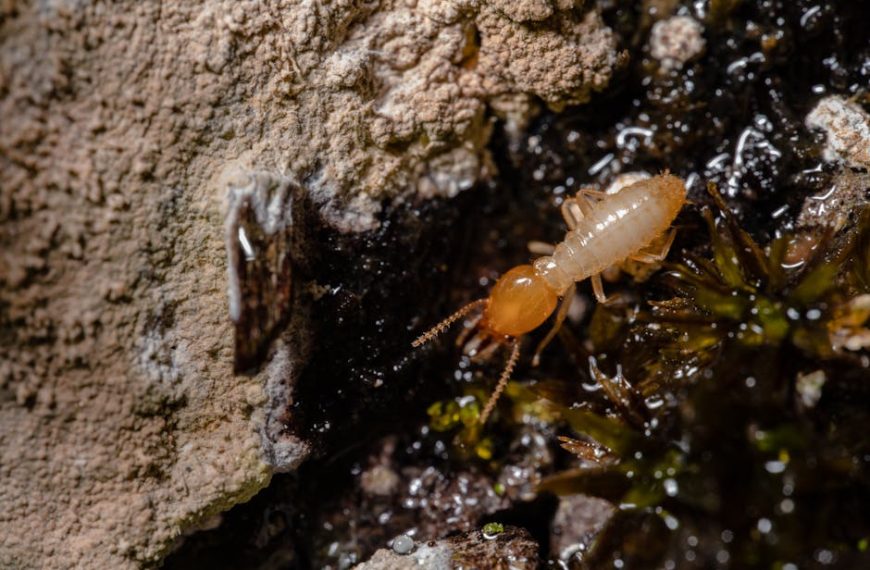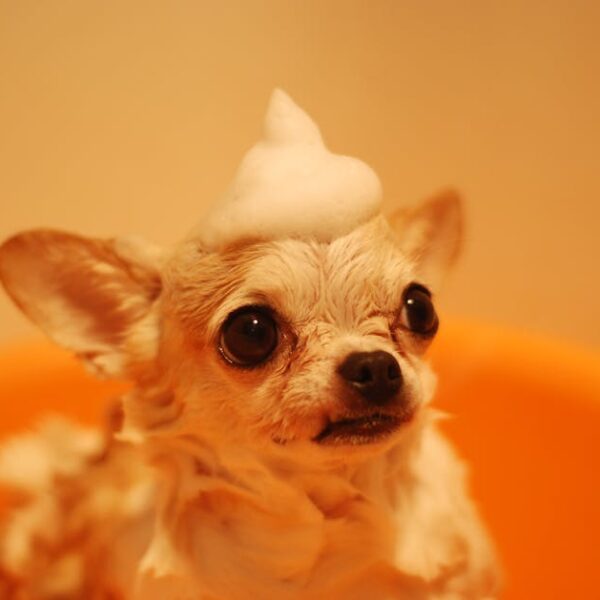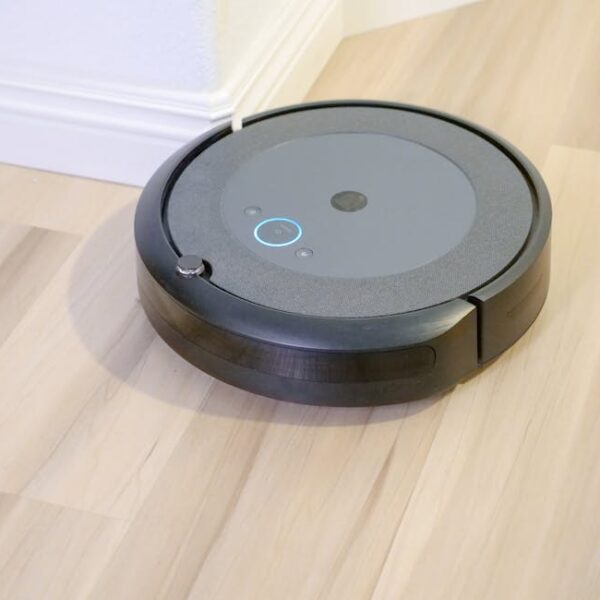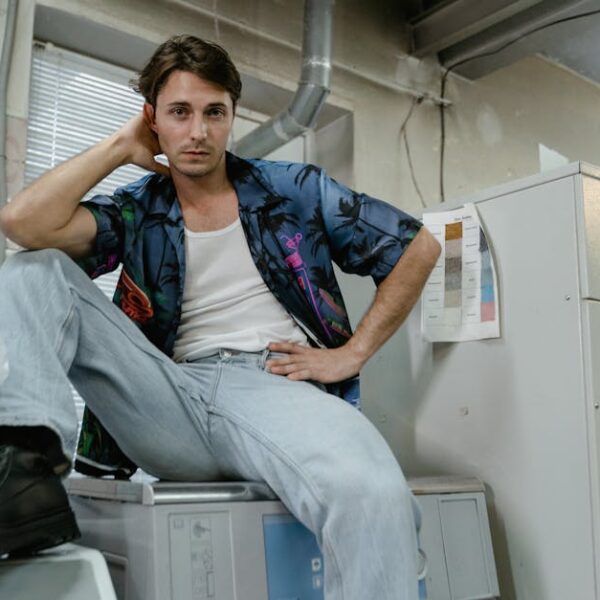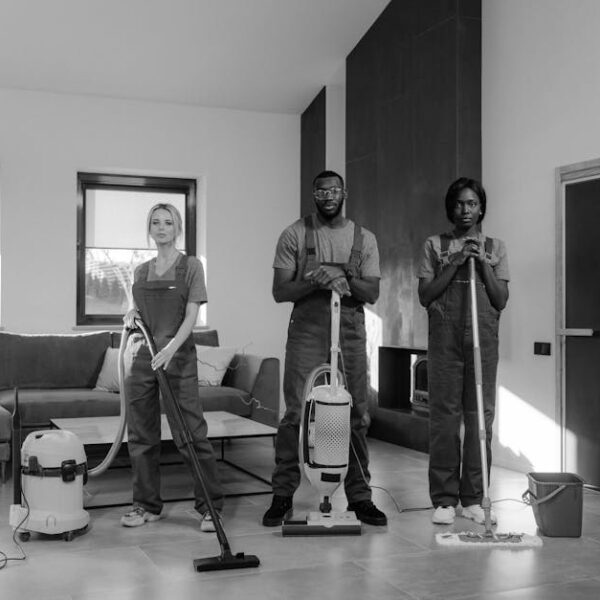While certainly possible, plugging a washing machine into an extension cord is generally not recommended due to the significant safety hazards it may present. In the world of appliances, washing machines belong to the heavy-duty category due to the substantial amount of electrical power they require. Therefore, a regular wall outlet is usually the most reliable and safe power source.
Dangers Associated with Plugging Washing Machine into Extension Cord
Underestimating the potential dangers of plugging washing machines, or any heavy appliances, into extension cords can result in severe consequences. Key hazards include overloading the cord, causing a fire, or encountering electrical faults. Overloading can occur when an appliance draws more electricity than what the extension cord can safely carry, leading to overheating.
Here’s a rundown of common hazards related to extension cords:
- Overheating: An overburdened cord can overheat and potentially cause a fire.
- Electrocution: Weakly insulated cords can expose wires, leading to an electric shock.
- Fire: Faulty cords or overload can ignite a fire.
Best Practices:
In unavoidable circumstances where an extension cord may be the only option for your washing machine, here are some tips on minimizing the associated risks:
- Never use a damaged cord.
- Always ensure the extension cord is rated higher than the washing machine’s wattage.
- Always completely unroll the extension cord to avoid heat buildup.
Requirements for the Proper Use of Extension Cords with Washing Machines
Ideally, one must use the right extension cord when connecting it with a power-draining appliance like a washing machine. The right one typically features an adequate wire size, suitable length and material, and more importantly, a compatible amperage rate.
Checklist: Choosing the right extension cord:
- Ensure the cord is 14 gauge or thicker.
- The cord should have a minimum of 15 amps capacity.
- Opt for cords less than 25 feet in length to avoid voltage drop.
Pro Tips:
When choosing extension cords for a washing machine, always purchase from a reputable supplier and ensure the cord is rated for outdoor use, as they have sturdier insulation ideal for a damp laundry area.
Understanding the Power Demand of Washing Machines
Unlike smaller appliances, washing machines have a broader power consumption range, typically between 500 and 1500 watts. This high power demand necessitates a secure and stronger power connection to not just function optimally but to prevent any potential electrical mishaps.
Versus: A table comparing the power demand of a washing machine versus smaller appliances.
Pro Tips: To decrease the washing machine’s energy consumption, consider washing full loads, opt for cold water washes, and regulate spin speed as per load requirements.
Alternatives to Using an Extension Cord for Washing Machines
Extension cords aren’t the only option available for providing power to your washing machine. There are several fairly painless alternatives that can ensure a safer and more reliable power supply and reduce the chances of any electrical mishaps. You can always consider rearranging the laundry room to place the washing machine closer to a wall outlet, or you can hire a professional electrician to create additional electrical outlets closer to the appliance.
Checklist: Alternatives to Extension Cords:
- Relocating the washing machine.
- Installing dedicated outlets.
- Using a surge protector with a built-in circuit breaker.
Best Practices: These alternative solutions can prove more beneficial over the long term. For instance, while rearranging might require initial effort, it reduces the need for extension cords drastically. Moreover, investing in a professional service to install dedicated outlets promises a safer and more sustained power supply.
Maintaining Safe Practices while Working with Electrical Appliances
As we look to embrace the convenience that modern electrical appliances offer, it’s crucial to remember the safety fundamentals. This concept especially holds when dealing with high-powered appliances like washing machines. Handling their power connections haphazardly or neglecting the necessary precautions can lead to disasters such as short-circuits and fires.
Here are some guiding principles to ensure safety:
- Always disconnect the power source before performing any repairs or maintenance.
- Regularly check for any wear and tear in power cords.
- Avoid using appliances with damaged sockets or plugs.
Pro Tips: To ensure your safety and extend the lifespan of any electrical appliances, it’s wise to follow the user manual’s guidelines, and when uncertain, consult with a professional electrician. Remember, safety should never be compromised for convenience.
Key Takeaway:
- Plugging a washing machine into an extension cord can cause significant safety hazards such as overloading, fire, and electrical faults. Washing machines require substantial electrical power, making regular wall outlets a more reliable and safer power source.
- When extension cord use is unavoidable, it’s essential to choose the right one – with suitable gauge, amperages, and length – and to use it correctly to mitigate risks.
- Other safer alternatives include rearranging the laundry room to place the washing machine closer to a wall outlet and hiring a professional electrician to install additional outlets.
- Always observe essential safety practices when working with electrical appliances to avoid hazards and ensure the longevity of the appliances.
Despite the associated risks, safe use of extension cords with high-powered appliances like washing machines is achievable. However, whenever possible, explore safer alternatives to reduce dependence on extension cords. Ultimately, remember that safety should always be prioritized over convenience.
FAQs
Q: How to determine the appropriate gauge of an extension cord for a washing machine?
A: Determine the appropriate gauge by checking your washing machine’s wattage requirements. It is generally recommended to use a 14 gauge or thicker extension cord.
Q: Can a long extension cord interfere with the functioning of a washing machine?
A: Yes, extension cords longer than 25 feet can cause a voltage drop which may affect the functioning of your washing machine.
Q: What is the safety concern around using a coiled extension cord?
A: When not fully unrolled, a coiled extension cord can lead to heat buildup, increasing the risk of overheating and potential fire.
Q: What kind of professional help can I seek for installing more power outlets for my washing machine?
A: A professional electrician is equipped to install additional electrical outlets in your laundry room to provide a safer and more convenient power source for your washing machine.
Q: How can I decrease the energy consumption of my washing machine?
A: Simple actions like washing full loads, opting for cold water washing, and regulating spin speed according to load requirements can help decrease your washing machine’s energy consumption.
Feel free to share this article and explore more posts on our website for further insights!

